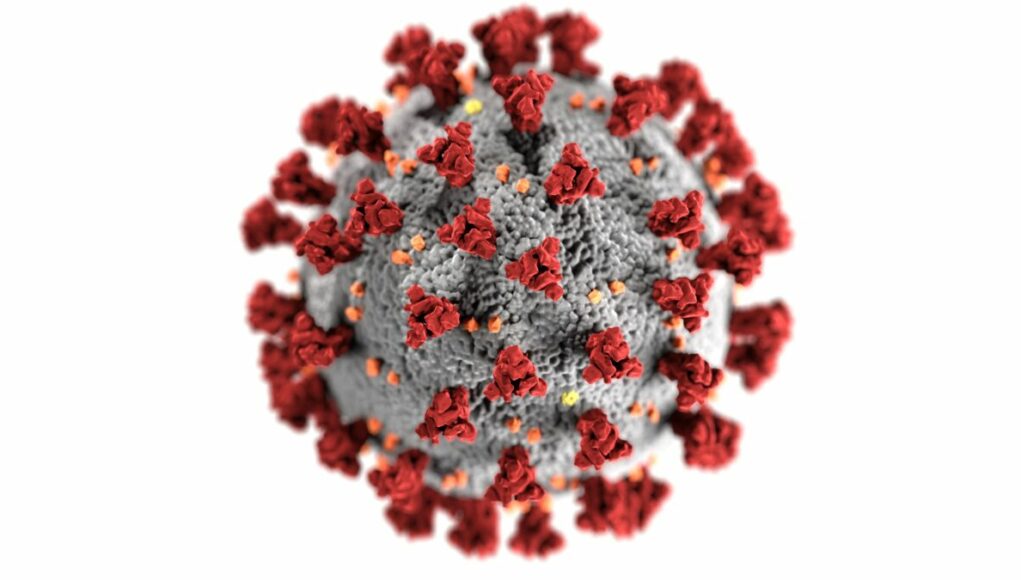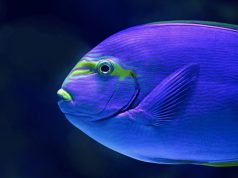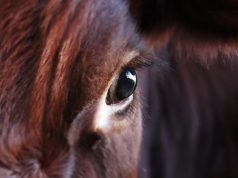INSIGHT by FAIRR
Research from $20 trillion investor network warns of COVID-19’s lasting impact on the meat industry
〉44 (73%) of the world’s 60 largest meat, fish and dairy companies graded ‘high-risk’ in Pandemic Ranking that assesses performance from worker safety to food safety. Zero companies awarded ‘low risk’ ranking.
〉Value of US meat giants plummets 25%, as Goldman Sachs list livestock alongside oil as one of the two most precarious commodities for investors next year.
〉“Factory farming is both vulnerable to pandemics and guilty of creating them. It’s a self-sabotaging cycle that destroys value and risks lives” says FAIRR Founder Jeremy Coller.
| Global meat giants like Brazil’s JBS and Venky’s in India, both suppliers to high-street names such as McDonald’s, are among 44 firms criticised by investors for their inability to prevent the emergence of new zoonotic diseases.
The research is produced by the FAIRR Initiative, a global investor network supported by institutional investors managing assets of over $20 trillion. It warns that COVID-19 could be the “straw that breaks the meat industry’s back”.
In the wake of the enormous economic and human health shocks caused by COVID-19, FAIRR finds that 73% of the world’s largest, listed animal protein producers (collectively worth over $220 billion) score as “high risk” in its ‘Pandemic Ranking’. Their poor performance across a set of seven criteria that are vital to preventing future zoonotic pandemics – including worker safety, food safety, deforestation and biodiversity management, animal welfare and antibiotic stewardship – demonstrates that intensive animal production is at serious risk of creating and spreading a future pandemic.
Today’s research shows the economic havoc that COVID-19 has caused for the animal agriculture sector. At the end of May, the share prices of four of the largest meat processors in the US (JBS, Smithfield, Tyson and Sanderson Farms) were down 25%, versus the market at 9%. A forecast has predicted financial losses to the US cattle industry of more than $13 billion, and the head of commodities at Goldman Sachs has listed livestock alongside oil as one of the two most precarious commodities for investors next year.
Meat plant closures also led to the head of US meat giant Tyson Foods warning in a Washington Post advertisement that the “food chain is breaking.”
Jeremy Coller, Founder of FAIRR and CIO of Coller Capital said:
| “Factory farming is both vulnerable to pandemics and guilty of creating them. It’s a self-sabotaging cycle that destroys value and risks lives. “
“To avoid causing the next pandemic, the meat industry must tackle lax safety standards for food and workers alike, closely confined animals and overused antibiotics. This will disrupt a supply chain already cracking from fundamental land, water and emissions constraints.”
“The meat industry’s “food chain” was breaking long before it took an ad in the Washington Post about it. COVID is one of the straws that is breaking the meat industry’s back.”
FAIRR’s research, entitled ‘An Industry Infected’, forewarns investors that the meat industry will be subject to increased scrutiny and regulation likely to include new biosecurity protocols to mitigate disease outbreaks. These involve biosecurity training and safety, extra surveillance practices, and proactive approaches to disease such as vaccinating animals and workers. Many of these protocols are incompatible with models such as CAFOs or factory farms due to the pronounced risk of cross-contamination.
Also highlighted is the need to urgently reduce routine antibiotic use in the industry which is common practice in most factory farm facilities and accounts for over 70% of antibiotic use worldwide. Resistance to antibiotics has already posed additional challenges in treating COVID-19 patients, and sector leadership is needed to prevent antibiotic-resistant superbugs causing the next pandemic.
Peter van der Werf, Senior Engagement Specialist, Robeco said:
| “Meat processing finds itself at the centre of the pandemic with over 20,000 workers in the US alone having already contracted COVID-19. The pandemic clearly demonstrates that the meat industry needs to innovate its operational model to prevent the current crisis with large amounts of employees contracting COVID-19. Three in four emerging infectious diseases come from animals, so livestock producers must become part of the solution, not part of the problem. Robeco has been engaging with companies in the meat industry since 2016 to discuss labour standards, animal welfare, product quality & safety and deforestation. While good progress has been achieved with some companies, the industry overall still needs to make substantial progress.”
FAIRR’s research also reflects on opportunities in the alternative protein sector, following steep sales growth of plant-based proteins. In the US in one week in April, sales of plant-based meat alternatives were up 200% year on year, and shares of Beyond Meat have risen over 80% this year.
The ‘Pandemic Ranking’ uses data collected by the Coller FAIRR Protein Producer Index and aims to be a tool that investors can use in ESG integration and active ownership strategies, to identify where the gaps are to achieving resilience in the global food chain and to mitigate future disasters. Jeremy Coller adds, “The results of the Pandemic Ranking will leave a sour aftertaste for investors in the $1.5 trillion meat, fish and dairy industry.”
| about
The FAIRR Initiative is a collaborative investor network, established by the Jeremy Coller Foundation. Its mission is to build a global network of investors who are focused and engaged on the risks linked to intensive animal production within the broader food system. FAIRR helps investors to exercise their influence as responsible stewards of capital to engage and safeguard the long-term value of their investment portfolios. This is the second year of the Coller FAIRR Protein Producer Index which was shortlisted by the UN-supported Principles for Responsible Investment as ESG Research Report of the Year. www.fairr.org
| All opinions expressed are those of the author. investESG.eu is an independent and neutral platform dedicated to generating debate around ESG investing topics.








